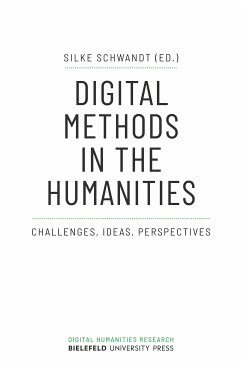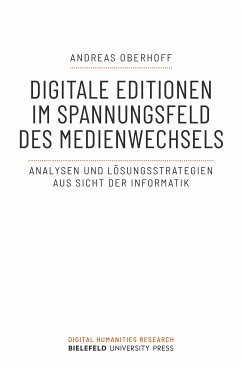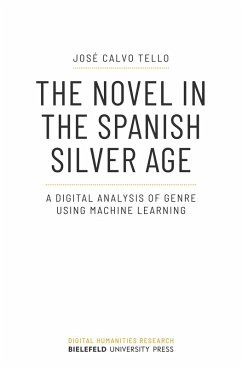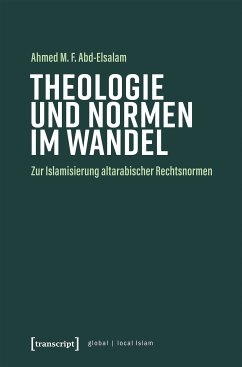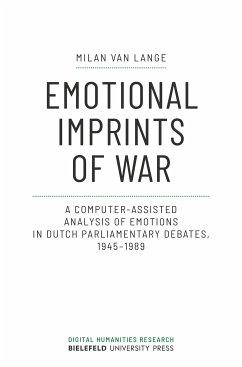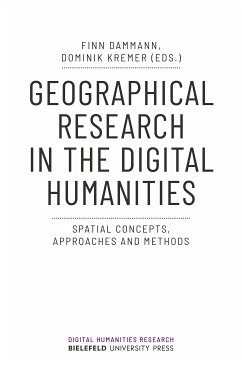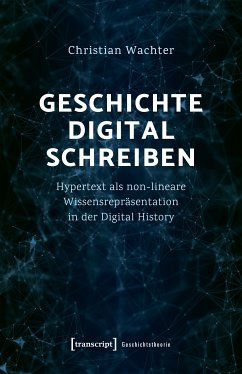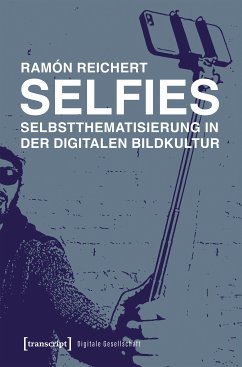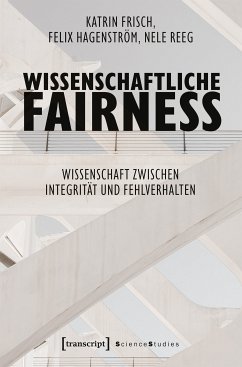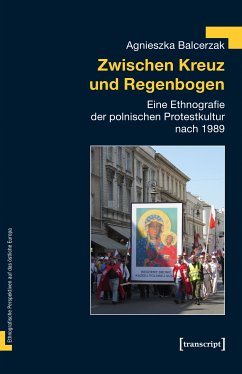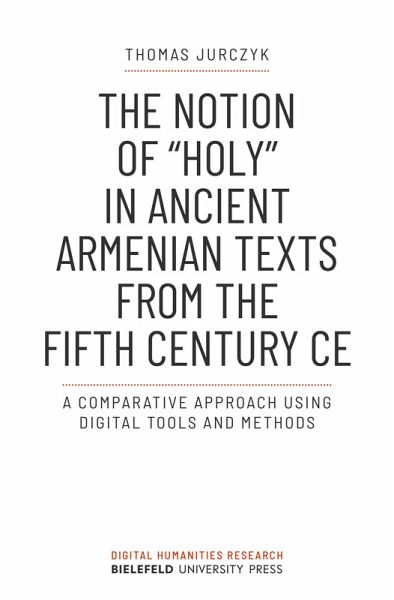
The Notion of »holy« in Ancient Armenian Texts from the Fifth Century CE (eBook, PDF)
A Comparative Approach Using Digital Tools and Methods

PAYBACK Punkte
0 °P sammeln!
Religious studies have long discussed the comparative notion of »holy« beyond religious, cultural, and linguistic boundaries. In this book, Thomas Jurczyk conducts a diachronic comparison of the meaning and application of two notions and their related word fields that are commonly associated with a broader comparative notion of holy, namely the Ancient Armenian term »surb« and its related words and the English word field associated with »holy«. To compare these two semantic fields, his methodological approach operates on the principle of distributional semantics and applies, among others...
Religious studies have long discussed the comparative notion of »holy« beyond religious, cultural, and linguistic boundaries. In this book, Thomas Jurczyk conducts a diachronic comparison of the meaning and application of two notions and their related word fields that are commonly associated with a broader comparative notion of holy, namely the Ancient Armenian term »surb« and its related words and the English word field associated with »holy«. To compare these two semantic fields, his methodological approach operates on the principle of distributional semantics and applies, among others, tools and methods from the field of corpus linguistics.
Dieser Download kann aus rechtlichen Gründen nur mit Rechnungsadresse in A, D ausgeliefert werden.




